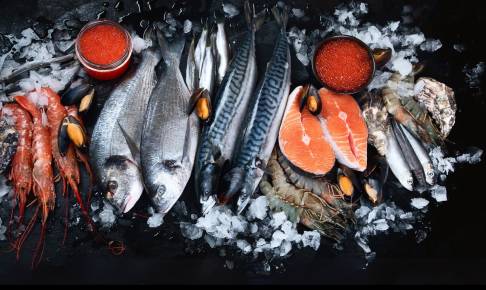IARC classifies aspartame as possibly carcinogenic, FDA contradicts
The International Agency for Research on Cancer (IARC), a subsidiary of the World Health Organization, has recently classified aspartame, a common artificial sweetener, as "possibly carcinogenic to humans." This declaration has sparked a contentious debate among various regulatory bodies, including the U.S. Food and Drug Administration (FDA).
In a comprehensive evaluation conducted by a panel of 25 scientists from 12 countries, IARC classified aspartame under Group 2B, indicating that it is "possibly carcinogenic." This classification is based on limited evidence suggesting an association between aspartame and hepatocellular carcinoma, a type of liver cancer, in humans. The evidence collected also included "limited" findings from experimental animal studies.
These findings have ignited concerns about the widely-used sweetener, commonly found in diet beverages and low-calorie products. However, the IARC's classifications don't directly reflect actual risk but signify potential risk at specific exposure levels.
Simultaneously, the Joint FAO/WHO Expert Committee on Food Additives (JECFA) conducted a risk assessment and reaffirmed the acceptable daily intake of aspartame. The committee maintained that aspartame remains safe for human consumption at an intake of 40 mg/kg of body weight. This decision aims to reassure consumers on the safety of aspartame when used within approved limits.
Contrary to IARC's findings, the FDA expressed dissent, citing significant shortcomings in the studies used by the IARC to support its conclusions. The FDA continues to vouch for the safety of aspartame under approved conditions based on its rigorous scientific evaluations. Industry groups, including the American Beverage Association and the Calorie Control Council, also disagreed with IARC's classification. They pointed to the extensive research on aspartame over the past four decades and its approval by more than 90 global food safety authorities. These bodies argue that IARC's assessment does not account for actual dietary intake, potentially causing unnecessary fear and confusion among consumers seeking sugar alternatives for health or weight management reasons.
While the debate rages on, both IARC and JECFA acknowledge the need for more research to fully comprehend aspartame's potential carcinogenicity. They call for higher-quality studies with longer follow-ups and more detailed dietary questionnaires.
Despite the differing views among regulatory bodies, experts urge consumers to consider a balanced perspective. They emphasize that while IARC's classification indicates a potential risk, it doesn't establish a direct link between aspartame and cancer at current exposure levels.
As the world continues to seek safer sugar substitutes, this debate underlines the ongoing efforts to harmonize consumer choices, scientific understanding, and public health. Meanwhile, regulatory bodies, including the FDA, pledge to continue providing reliable, science-based information to assist consumers in making informed choices.
Sources:






















